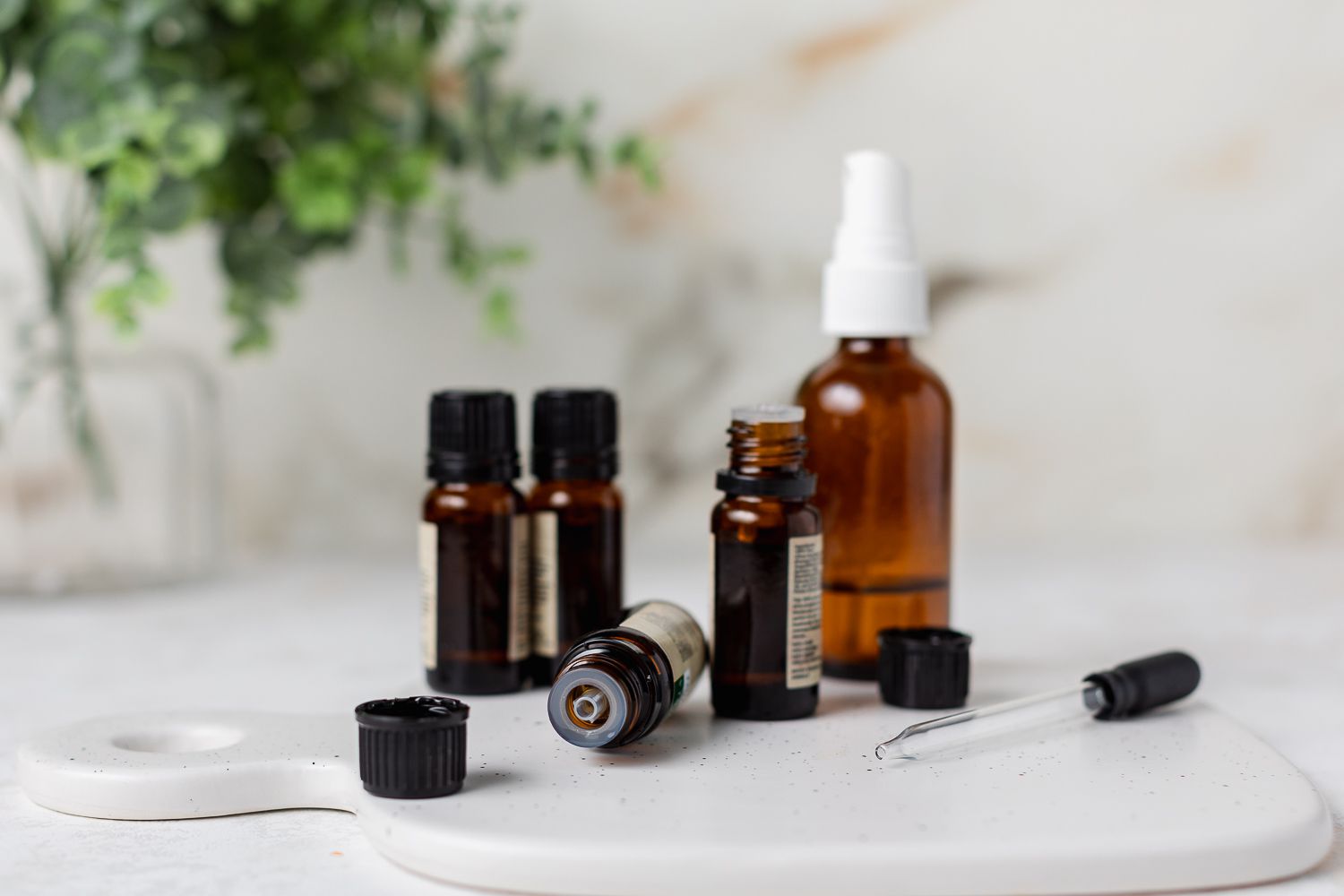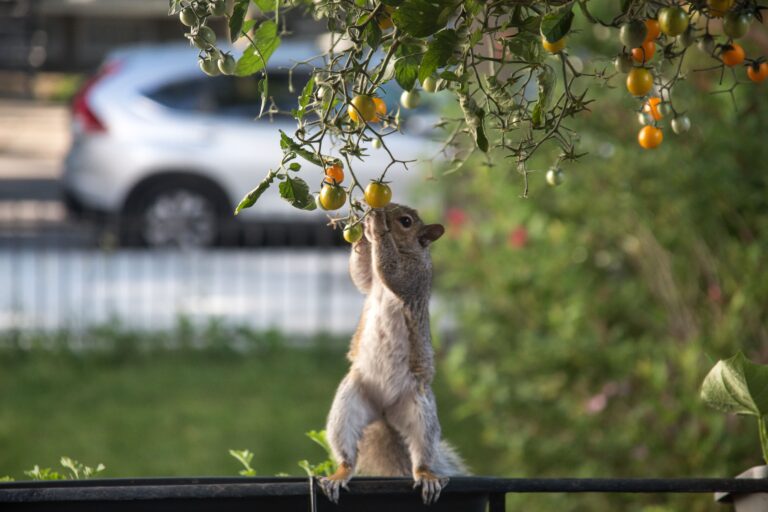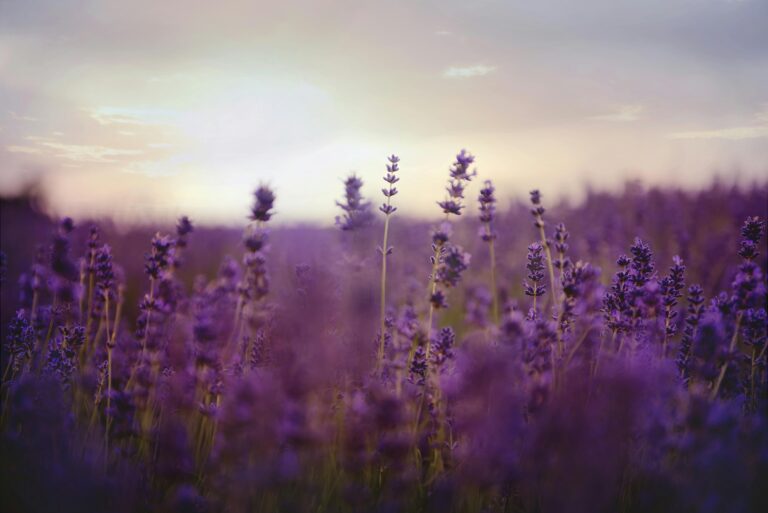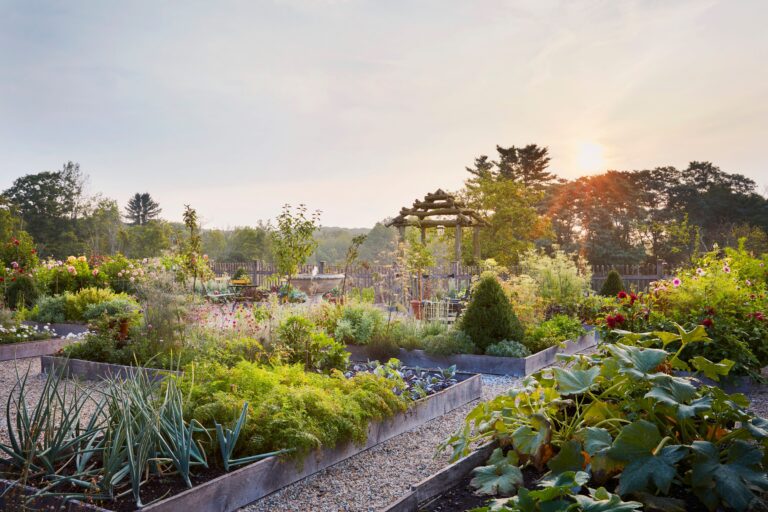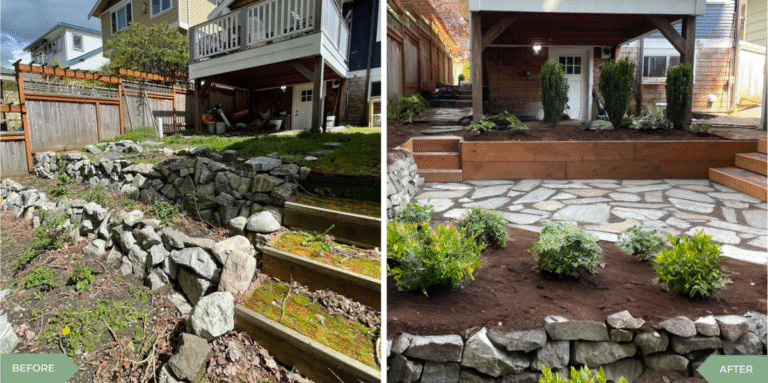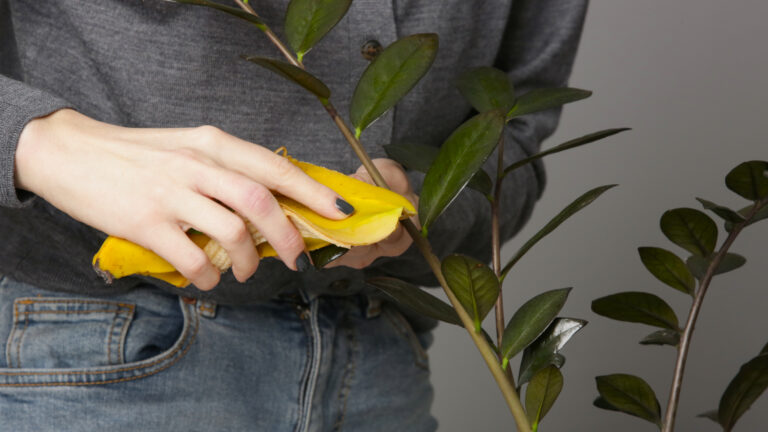What Smells Do Wasps Hate? 10 Proven Scents That Repel Wasps Fast
Imagine that one sting of a wasp would take you to the emergency within less than 15 minutes? That frightening thought is a reality to the 3 percent of adults who have severe allergic reactions to wasp stings each year, according to American College of Allergy, Asthma & Immunology research. However, here is a trick that most men and women are not aware of: wasps possess a weakness, and they have been in your spice cabinet and your garden all this time.
Being able to smell on the wrong side of a wasp is not just about staying comfortable out there, it is about reclaiming your yard, without using poisonous chemicals and expensive experts. These natural smell repulsions fill up the ultra-sensitive nose of the wasp and confuse their navigation and communication systems and lead them to find areas that are less offensive.
The Science Of Why Wasps Hate Certain Scents

Wasps possess an insane advanced sense that uses specialized olfactory receptors on the antennae in the search of food, communication with the colony, and navigation. They are so sharp with those tiny organs of theirs– you cannot think– they sense the smell at a long, long way less than we can smell.
The receptors are completely overloaded and confused when wasps bite into some of the volatile compounds, in particular, the ones with strong aromatic characteristics. That jamming disorients their pheromone trails, food spot-finding and territory marking. In essence, such disgusting smells serve as sensory jamming to ensure the outside areas cannot sustain the wasps.
A comprehensive study published in the Journal of Pest Management Science discovered that specific chemical compounds caused the greatest avoidance behavior in wasps. Eugenol (clove oil), citral (lemongrass), and menthone (mint oils) are the most effective repellent compounds that reduce wasp activity by up to 95 percent when applied correctly.
Research from the University of California Integrated Pest Management Program confirms that wasps rely heavily on chemical communication through their antennae, making scent-based deterrents particularly effective for integrated pest management strategies.
Top 10 Smells Wasps Hate the Most
Peppermint Oil: The Ultimate Wasp Deterrent
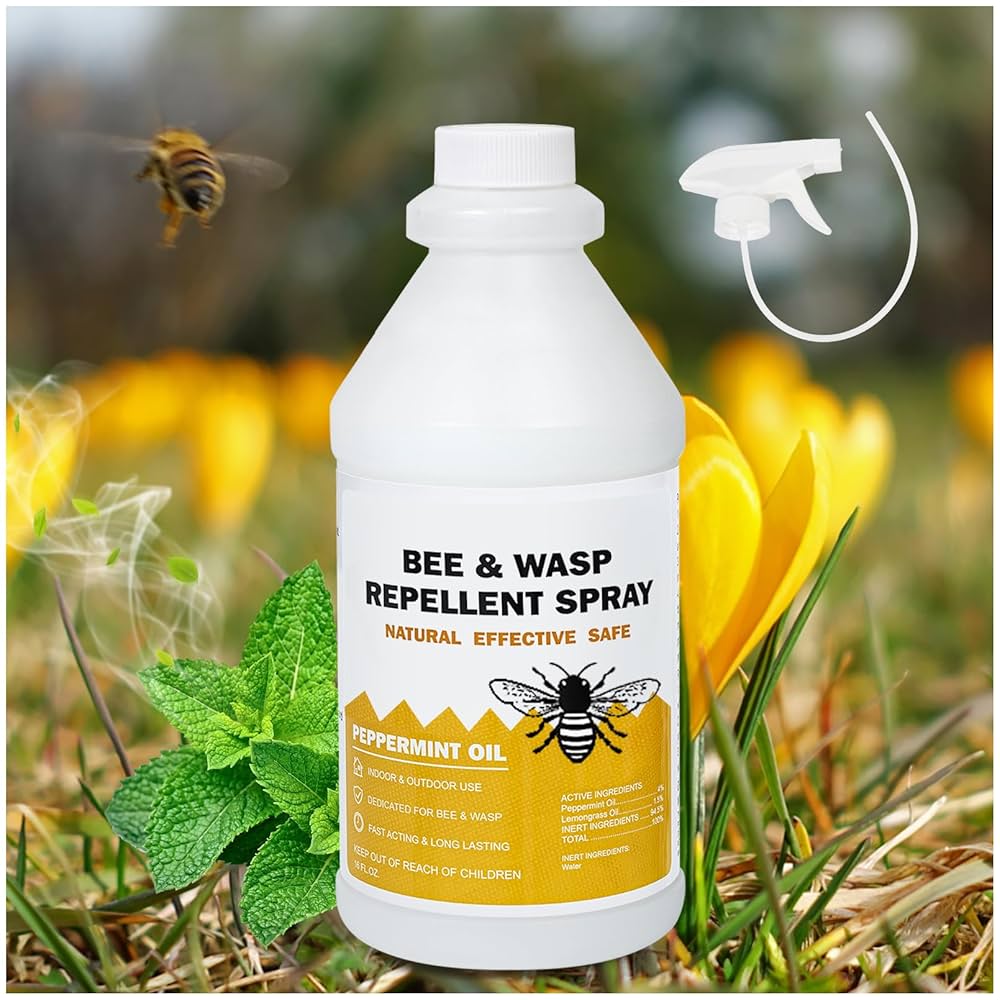
Peppermint oil contains high levels of menthol and menthone, thus it can be considered one of the most effective natural wasp repellents you can get. Its piercing smell burns the noses of the wasps, but is very pleasant to the human nose.
Method of Application: Combine 15-20 drops of pure peppermint with 2 cups of water and 1 tablespoon of liquid dish soap in a spray bottle. Spray doorways, windows, eaves, and patio seating every 34 days before use.
Effectiveness Duration: For maximum punch, apply again after rain or every 4-5 days.
Clove Oil: The Ninety-Five Percent Success Story
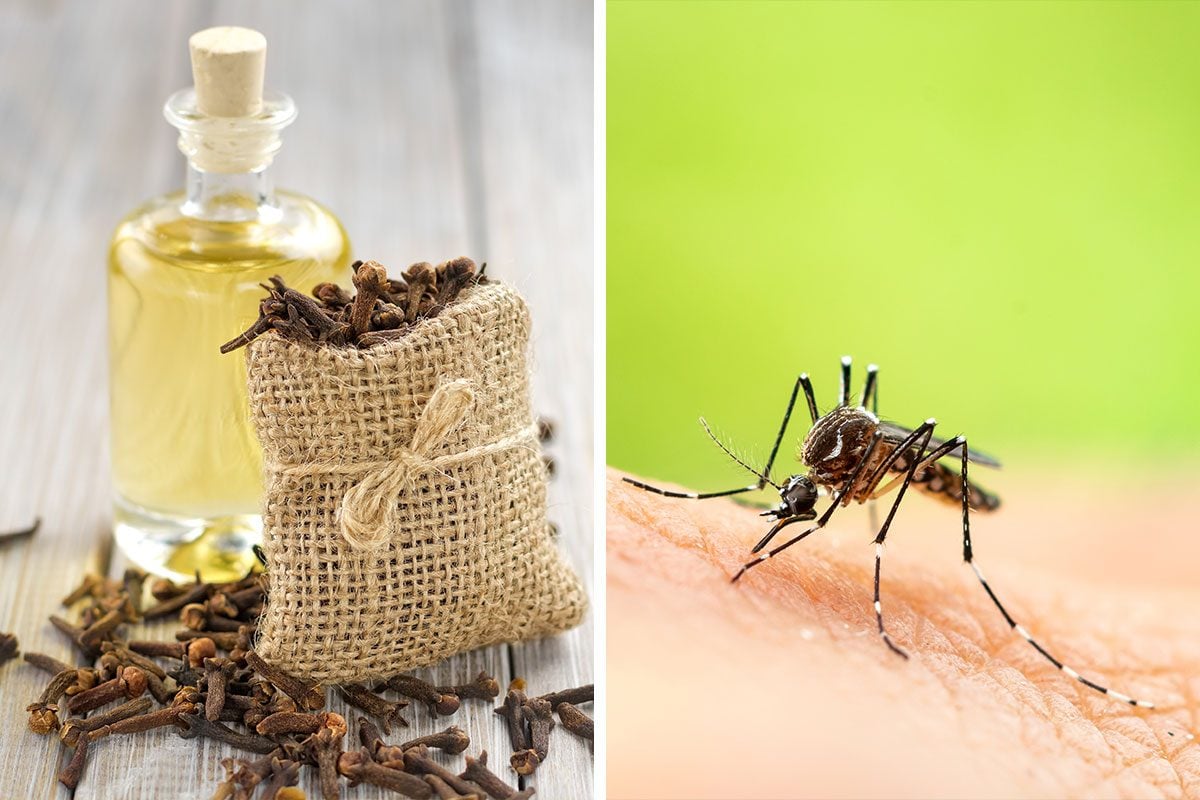
According to peer-reviewed research, the primary element of clove oil, eugenol, reduces the trap catches of wasps by an astonishing 95 percent. It is the only potent natural repellent as of peer-reviewed research.
Method of application: Add 10 drops clove oil, 2 cups water and a teaspoonful liquid soap. Spray directly onto nesting points and entry points. To provide additional energy, put entire cloves into citrus fruits and hang around trouble areas.
Safety Note: Clove oil has the potential to irritate the skin and animals. It should be diluted and stored out of the reach of children and animals.
Eucalyptus: The Everlasting Repellent
The eucalyptus oil contains such components as eucalyptol and citronellal that provide the woody, medicinal smell unpopular with wasps. It is long lasting and so it suits large outdoor spaces.
Application Method: Add 12 drops of eucalyptus to 2 cups of water and spray around patios, decks and garden borders. Or put fresh branches of eucalyptus where there are seats or in a diffuser.
Lemongrass: The Citral Heavyweight
Lemongrass is full of citral, which completely prevents wasps to be attracted to food. This makes it extremely handy around the barbecues and outdoor kitchens, according to research from Cornell University’s natural products database.
Application Method: Prepare a spray using 10-15 drops of lemongrass oil in 2 cups of water. Pay attention to garbage bins, compost bins and food preparation areas.
White Vinegar: The Attack of the Acid
The unpleasant smell of white vinegar interferes with the wasp scent trails and makes treated areas unattractive. The low PH also removes sweet attractants that attract wasps.
Application Method: Vinegar can be used in shallow containers around your yard in its undiluted form, or a 1:1 vinegar-water spray can be used in larger areas. Change weekly and re-spray after 2-3 days.
Citrus Oils: Sensory Overload Specialists
Wasp sensors are overloaded by lemon, orange, and grapefruit oils, which contain limonene and other citrus compounds. The acidic odor is bright and forms an area where these wasps avoid, supported by research from the University of Florida Institute of Food and Agricultural Sciences.
Application Method: Add lemon and orange oil (10 drops each) to 2 cups of water. Place fresh citrus peels in outdoor eat places and change them after every 2-3 days to provide constant protection.
Lavender: The Gentle Giant
Although bees adore lavender, it has got a complicated smell that keeps the wasps off without damaging the plants in the garden. Its natural wasp navigation is interfered with by its natural compounds such as linalool.
Application Method: Lavender bushes can be planted close to patios and walkways or sprays can be made with lavender oil (8-10 drops in 2 cups of water). Hang covered outdoor in dry places.
Cinnamon: The Peppercorn Detergent
Cinnamon contains eugenol and cinnamaldehyde that are responsible to create an overwhelming spicy odor that wasps dislike. Physical barrier is also provided by ground cinnamon.
Application Method: Sprinkle ground cinnamon at windowsills, door frames and patio seats. In liquids, add 1 teaspoon cinnamon oil and 2 cups of warm water and spray on problem areas.
Coffee Grounds: The Fragrant Barricade
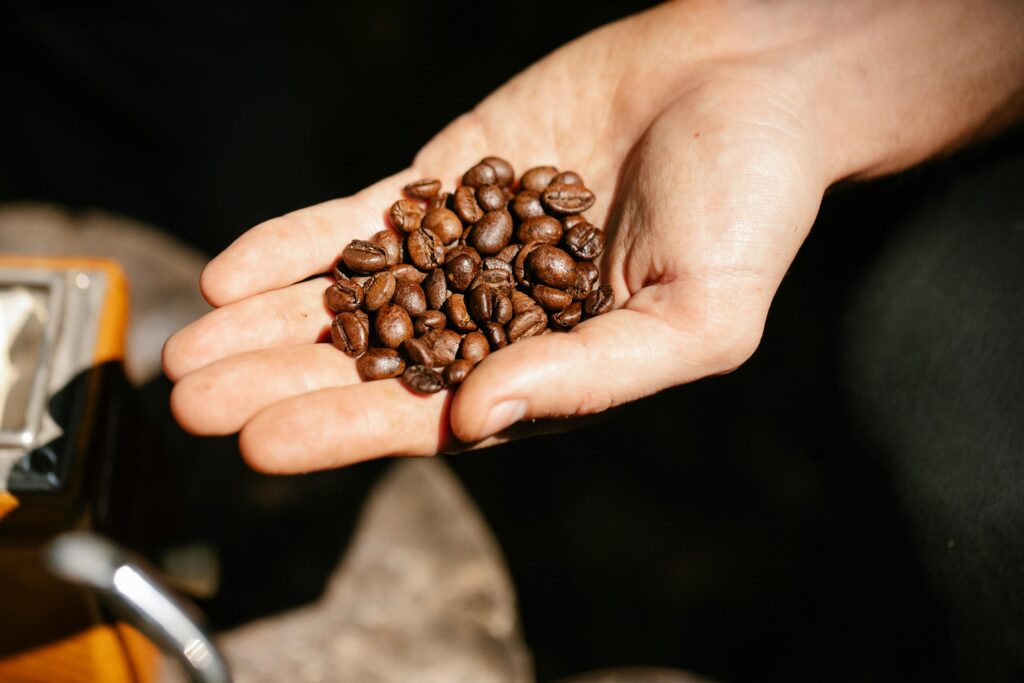
Coffee grounds that have been used spew out bitter compounds that irritate the wasp but are environmentally friendly. The odor of bitterness breaks sweet smells, according to research published in Plants journal demonstrating coffee’s insecticidal properties.
Application Method: Sprinkle fresh and used grounds around patios, garden borders and around trash bins. Water once every 3-4 days or after precipitation.
Rosemary: The Herbaceous Protector
The sward of Rosemary is highly intense in camphor and rosmarinic acid that will successfully keep the wasps away and provide a culinary taste to your garden.
Application Method: Plant rosemary bushes in patios, or incinerate dried sprigs in non-combustible containers in backyard parties. Prepare an oil spray by adding 8-10 drops in 2 cups of water.
Techniques of Strategic Application with the highest effect
The Layered Defense Approach
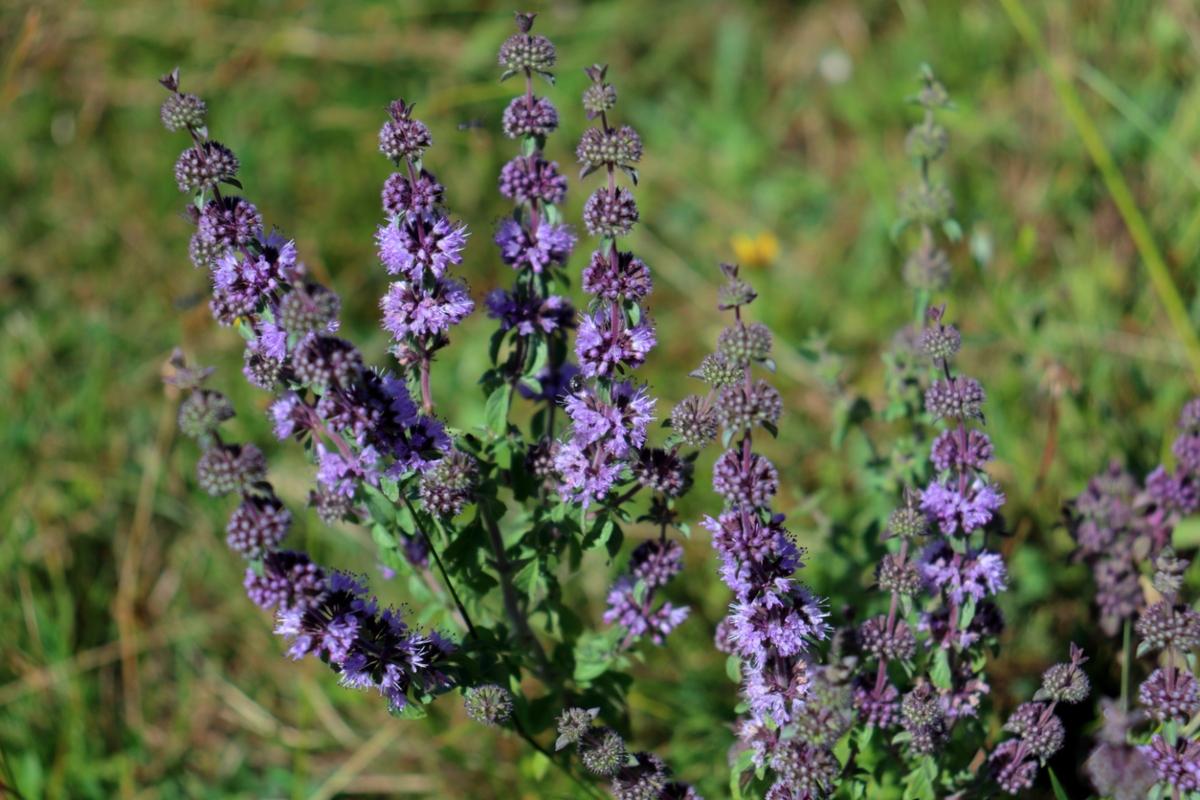
Combine various perfumes to protect better. Use peppermint or clove sprays as instant coverage and plant long-term deterrents such as lavender and rosemary to protect them on a seasonal basis.
Timing Your Applications
Use odor repelling agents in the early morning or late in the night when wasps conduct business most. That allows the scents to rest before the high activity (10AM-4PM) and the possibility of them becoming furious with you.
Coverage Zones
Emphasize goes on the following main points:
- Doors, windows, vents
- Food prep and dining areas
- Trash storage spots
- Nesting locations that have been known before
- High‑traffic outdoor areas
Concentration Guidelines
Apply no more than 1 percent essential oil on areas of contact of people or pets. On a majority of work, 5-10 drops to a cup of water are great without any danger.
What Wasps Love: Smells to Shun
It is equally important to know what attracts the wasps. They’re attracted to:
Sweet Fragrances: Floral perfumes, fruit-smelling lotions, and sweet beverages develop a magnet. Change personal care to unscented in high season.
Protein Smells: BBQ smells, pet food smells, and meat smells can attract wasps miles away. Store pet food in the house and keep grills clean.
Smell of fermentation: Beer, wine, rotting fruit and piles of compost give out smells that wasps associate with food. Maintain your outdoor areas and dispose of trash.
Bright Coloring Clothes: Not smell, but yellow, orange, and vivid flowery designs are food to wasps.
Organic Wasp-Repelling Landscape Theater
Strategic Plant Placement
Plant repellent species in concentric rings around areas of high use to create living scent barriers. The most potent deterrents (peppermint, eucalyptus) should be placed close to the seating, and the outer perimeter is made up of secondary plants (lavender, rosemary).
Mobile Container Gardening
Plant herbs to deter growth in large pots that can be transported to sit in certain places in case of an event. That gives you the chance to sprinkle the repulsion smells in the most needed places.
The advantages of companion planting
Numerous wasp-driving plants also drive away other pests as well as attracting butterflies and other non-stinging predators, according to integrated pest management principles established by the USDA.
Seasonal Maintenance
Trim fragrant plants on a regular basis to emanate new perfumes. Crush is sometimes exited to spin the volatile oils and maintain the deterrent potent.
Safety precautions and Pet warnings
Essential Oil Poisoning Hazards
Cats and small dogs- particularly peppermint, eucalyptus and clove- can be poisoned by some oils applied to wasps. Make sure that they are used with care around animals.
White vinegar, coffee grounds and citrus peels are good deterrence without pet risk.
Proper Dilution Protocols
Do not spray pure oil in areas where children or pets roam about. Also, follow the 1 per cent rule: do not exceed 5-10 drops of liquid in a cup.
Prevention of Allergic Reaction
Test a little area first then apply extensively, particularly clove and cinnamon oils which may cause stinging on the skin.
How to make DIY Wasp Repellant Recipes That Work
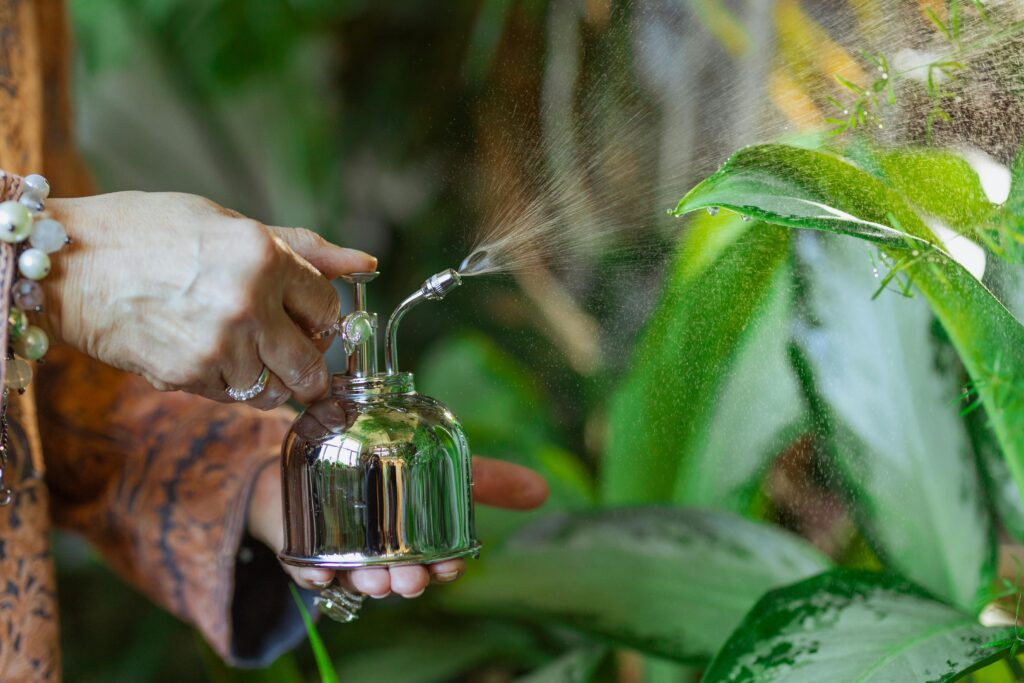
All-Purpose Wasp Deterring Spray
- 2 cups water
- 10 drops peppermint oil
- 5 drops clove oil
- 5 drops lemongrass oil
- 1 tbsp liquid dish soap
Blend thoroughly, spray problem areas after every 3-4 days.
Heavy-Duty Nesting Site Treatment
- 1 cup white vinegar
- 1 cup water
- 15 drops eucalyptus oil
- 1 tsp liquid soap
Apply at night when wasps are slumbering, on their nests or on hot spots.
Gentle Garden‑Safe Formula
- 2 cups water
- 8 drops lavender oil
- 1 tbsp mild soap
- 1 tsp vanilla extract
Non-toxic to plants, insects and inhabitants.
Where Professional Assistance is wanted
Most of the wasp issues are contained by natural scent tricks, yet large colonies require a professional. Call pest control if:
- There are several nests on your grounds
- Wasps attack when approached
- Nests are on walls or roofs
- There is a family member with a wasp allergy
- Self-administered techniques do not reduce activity in 2-3 weeks
The National Pest Management Association provides guidelines for professional wasp control services and when to seek expert help.
Timing of the Season to obtain maximum prevention
Early Spring (Mar-Apr): Spray repulsives to prevent queen wasps establishing themselves in your yard.
Late Spring (May-Jun): Work on planting barriers and herbs before the number of workers reaches its maximum.
Summer (Jul-Aug): Continue with regular sprays and inspect new nests.
Fall (Sep-Oct): Intensify the deterrent, food dries up and wasps are more petulant.
Winter Prep: Clean the nest area and block likely nest sites so the spring can begin well.
Prevention Strategies over the Long term
The key is to use different deterrents and changes in the landscape on a regular basis. Get rid of standing water, maintain clean spaces and install smart planting natural scent walls.
The secret of continued success is that wasps evolve. Switch the perfumes around to keep them guessing and make the repellents last all season.
It is not to wipe them out, you see, wasps sting garden pests, too. All you need to do is make people clear wasp-free areas and leave the useful insects to do their business in the rest of your yard.
Science based perfumes and harmless, consistent application means that you can enjoy your backyard without worry of stings or expensive pesticides. Owing to the knowledge of the smells that keep away wasps, the power to drive away wasps in your yard means that there are smells you know all through the year.
Sources and Further Reading:
- Journal of Pest Management Science – Essential Oils Study
- University of California IPM Guidelines
- American College of Allergy, Asthma & Immunology
- Cornell University Natural Products Research
- University of Florida IFAS Extension
- USDA Integrated Pest Management Guidelines
- National Pest Management Association Resources

